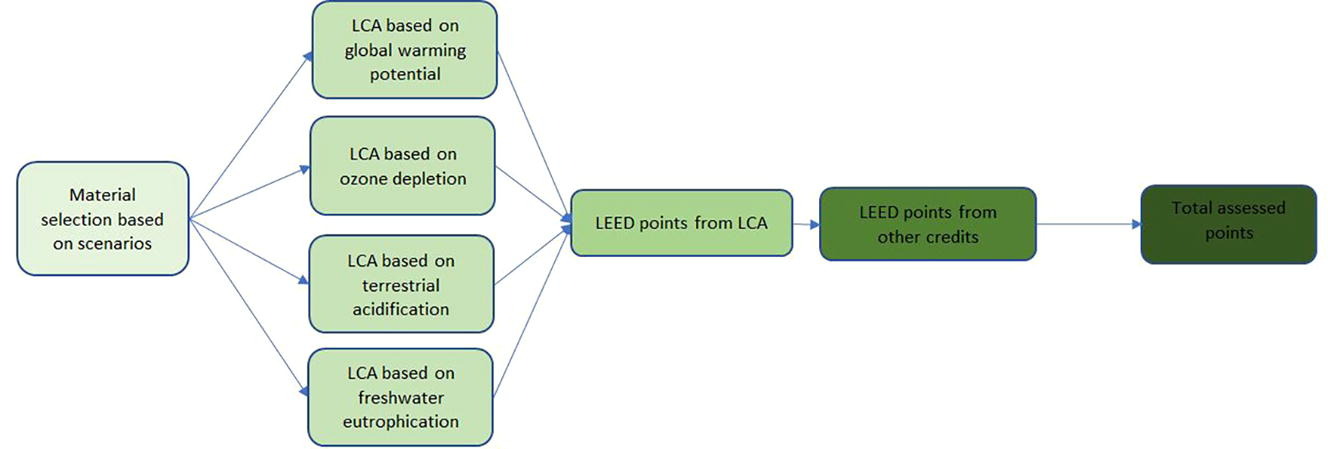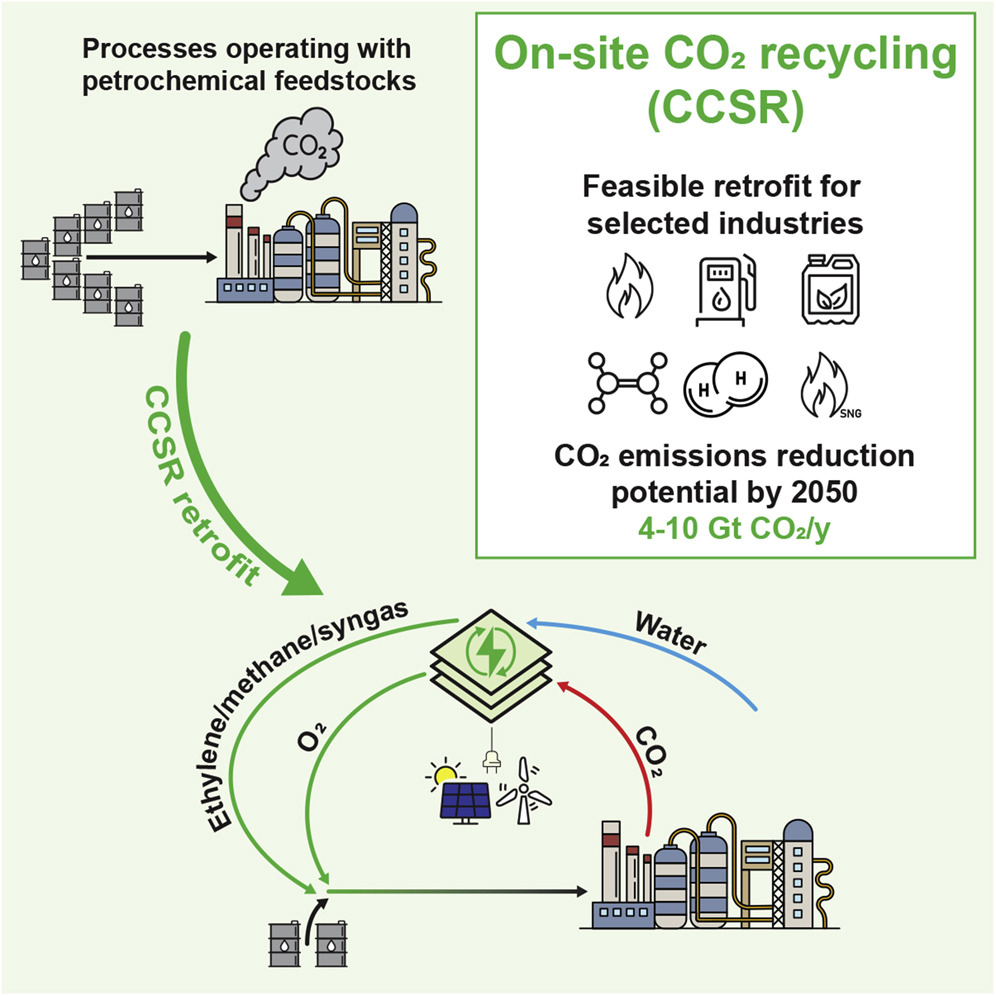International Journal of Greenhouse Gas Control, Volume 108, June 2021
Current Developments in Nutrition, Volume 5, 1 June 2021
Energy and Buildings, Volume 241, 15 June 2021
The Lancet Planetary Health, Volume 5, June 2021
Background: Extreme heat exposure can lead to premature death. Climate change is expected to increase the frequency, intensity, and duration of extreme heat events, resulting in many additional heat-related deaths globally, as well as changing the nature of extreme cold events. At the same time, vulnerability to extreme heat has decreased over time, probably due to a combination of physiological, behavioural, infrastructural, and technological adaptations. We aimed to account for these changes in vulnerability and avoid overstated projections for temperature-related mortality.
iScience, Volume 24, 25 June 2021
The chemical industry needs to significantly decrease carbon dioxide (CO2) emissions in order to meet the 2050 carbon neutrality goal. Utilization of CO2 as a chemical feedstock for bulk products is a promising way to mitigate industrial emissions; however, CO2-based manufacturing is currently not competitive with the established petrochemical methods and its deployment requires creation of a new value chain.


